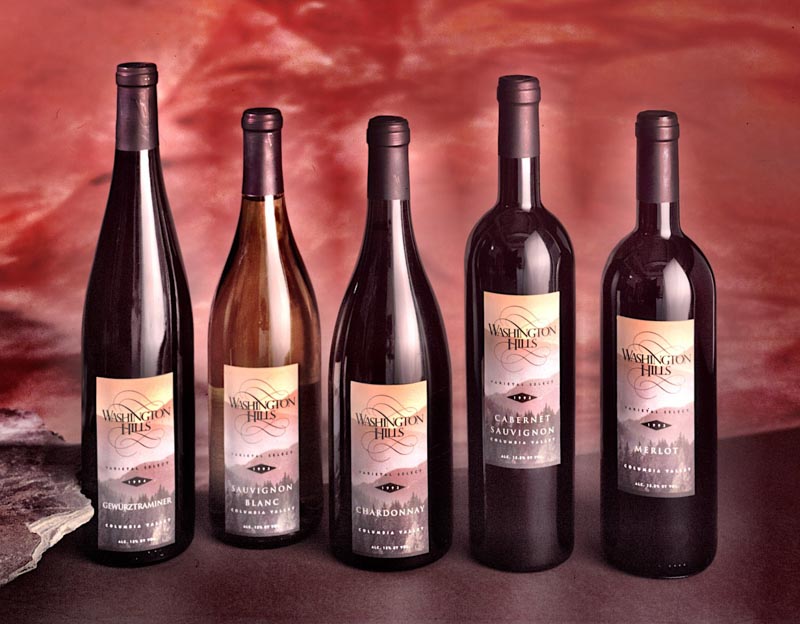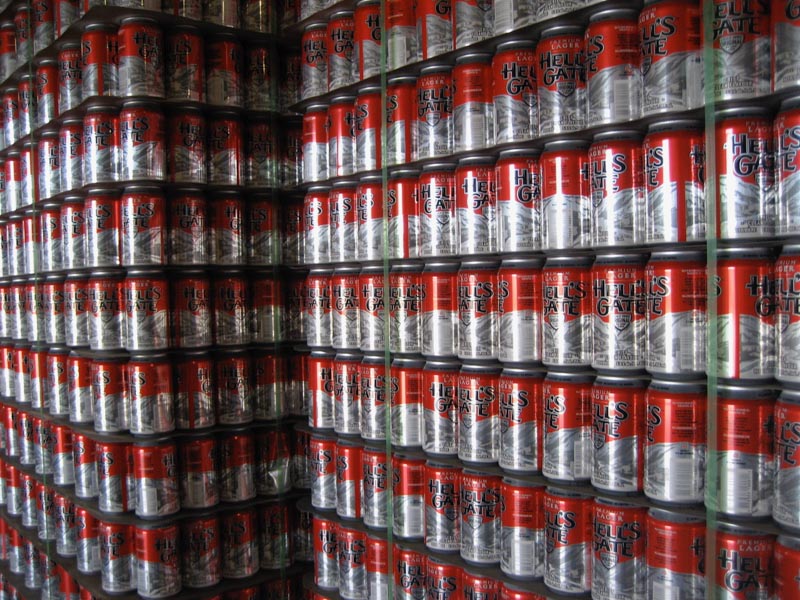
As a Brand Expert, ever Get a KPI in units sold, or tonnage?
What if you had a project that had a number of units for sale as a core goal—your KPI deliverable?
I’m wondering, have you ever been in a situation where the expectation is in millions of units sold, or some other measure?
When I was working on the Kraft brand [now Mondelez], I flew into Chicago to meet with the brand leader of asset management, and he said, “we have 200 tons of Mac n’ Cheese that we need to sell—what can you do to guarantee that we can sell that?”
Workshop it, BrandQuest® it, find relationships and assets, test and evolve to newly deploy.
In a month.
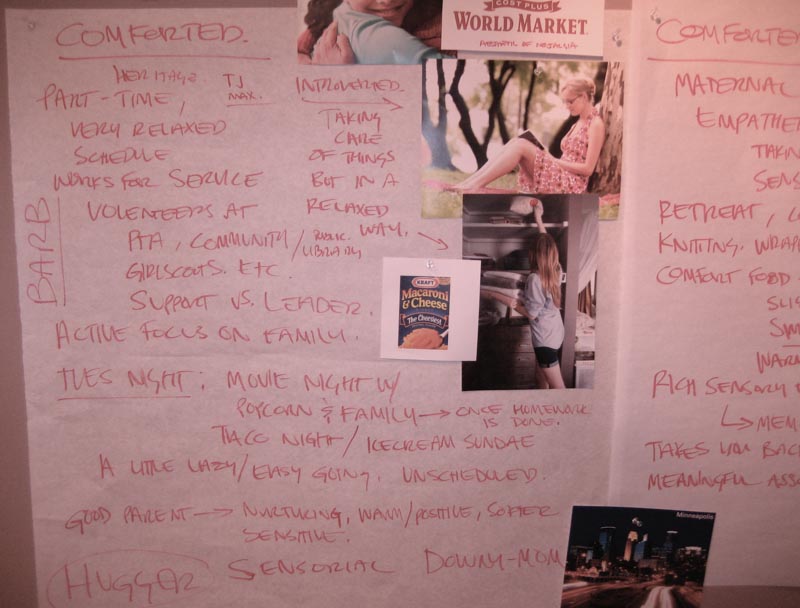
As any designer knows, you could never presume that your contributions alone would boost sales to such a delivery expectation. But I said, younger then, “sure.”
What I recommended then, as I would now, study the customer, find out how they relate, and how they use the brand—at home, connect with people—at shelf. Ask—who are we next to? What is the strategy, evolution?
Same then, same now.
Know what you stand for, and how customers relate.
Know what, of the brand, is most important and relevant to them, is there—perhaps—resonation in attributes of expression? Color, depiction and portrayal, panel holism—each side, relevant messaging. We examined all these things, and met the target. Sure, I could take credit. But I know that any brand, particularly packaged goods, would be about an entire array of marketing tactics into a customer enhancement. That would be shopper merchandising, display and shelf presentation—shelf talkers, sales pitches and grocer proposals, buy-in, advertising, social, field marketing potentially, event marketing, etc. These are the commitments: enchantment, engagement and embracement—it’s the sequence.
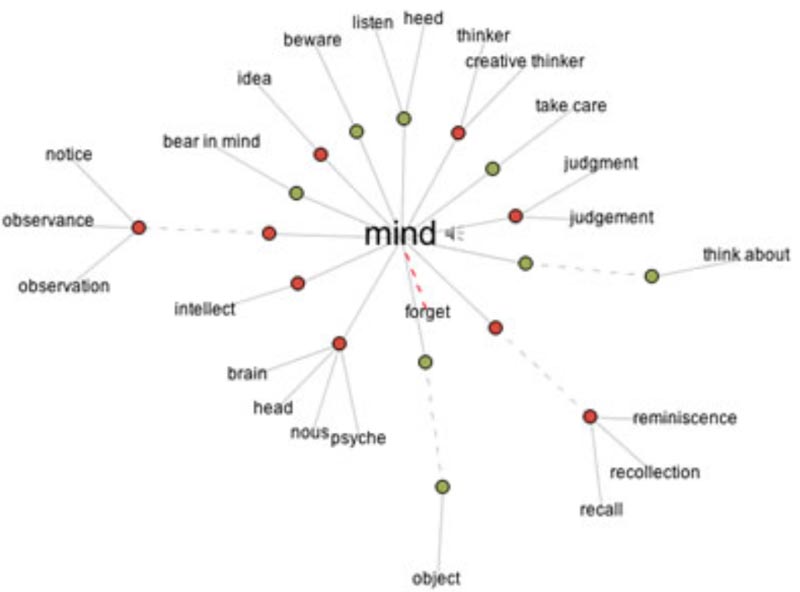
Still, it worked.
GameBoy?
いつもお世話になります、頑張りますので、これからも、どうぞよろしくお願いいたします
Itsumo osewa ni narimus, gambarimas no de, kore, kara mo, dozo yorishiku onegai-itashimasu.
Thank you for your continued support, I will do my best, and I look forward to working with you from now on as well.
This, my opening presentation voicing to Minoru Arakawa, CEO of Nintendo of America was expressed in a smoke-filled room, to a group of executives—including Don Coyner, Bill White, and Peter May—as a discussion after my work on newly framing the Nintendo Entertainment System.
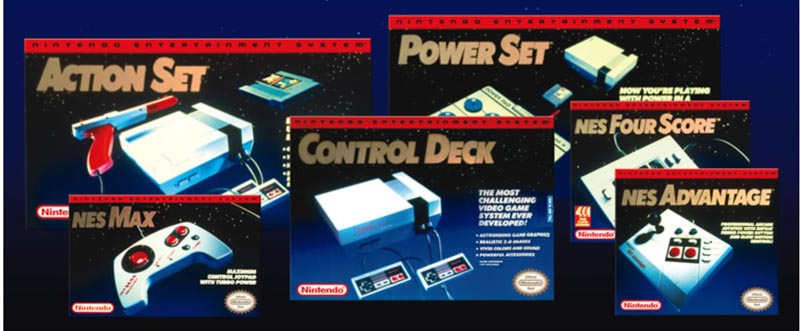
The goal there was integrative, taking a divergent and undisciplined packaging program, for a group of hardware products and software gaming cartridge applications and developing an overarching visual language for more effective marketing.
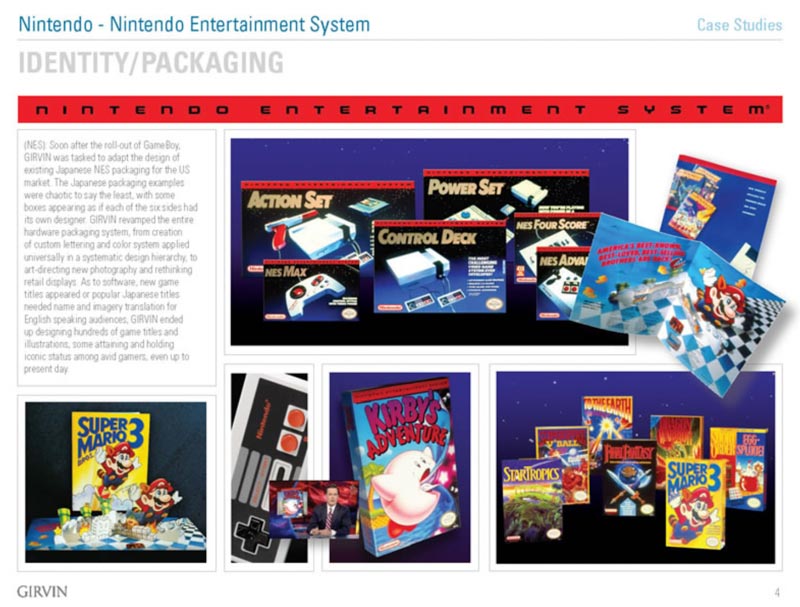
Arakawa san referenced, “we have a new hardware that we’re developing in Japan, and we’re planning on releasing this in the United States. We’d like to sell 2 million units in the US in two years, can you do this?”
“Hai, gambarimas,”
はい、頑張ります
Yes, I will do my best.
We talked with the executive team, as well as the industrial designers and technologists in the US and
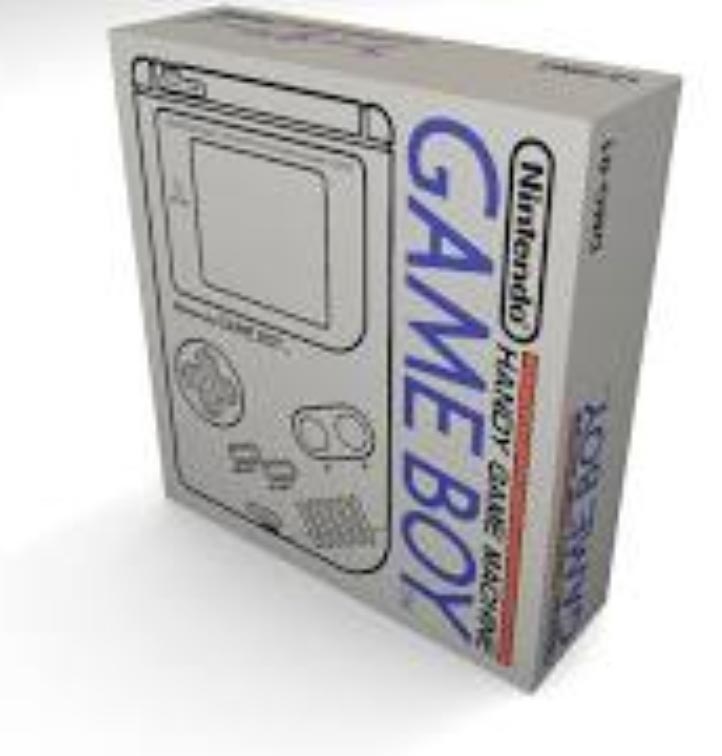
Japan—and it struck us that GameBoy, a compact containment of an interactive product, needed to be portrayed as a distinct innovation.
It was.
While the name was widely accepted in Japan, “handy game machine,” given the player demography, we needed to push that harder—better purposed to American demographics, tweens, teens, young adults, adults and midlife players onwards.
We redrew the type, an emboldening, stepped-up the colors, worked from a metallized field, and built upon a gaming-related point of inspiration, an implication that gaming was an adventure, a off-world voyage, which we illustrated. Given this was yet another hardware system, we defined this as a new
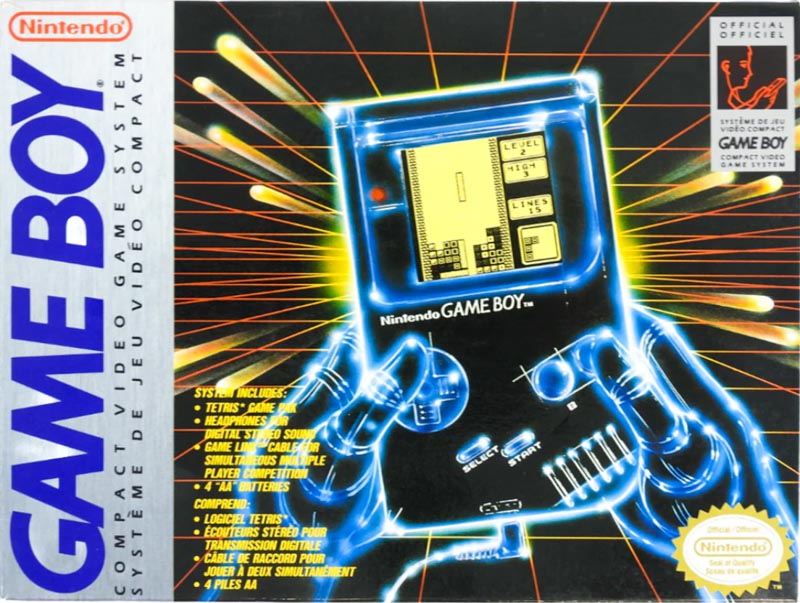
packaging pitch and categorical hardware channel.
We needed to explain it, allow them to grasp the breadth of the offer.
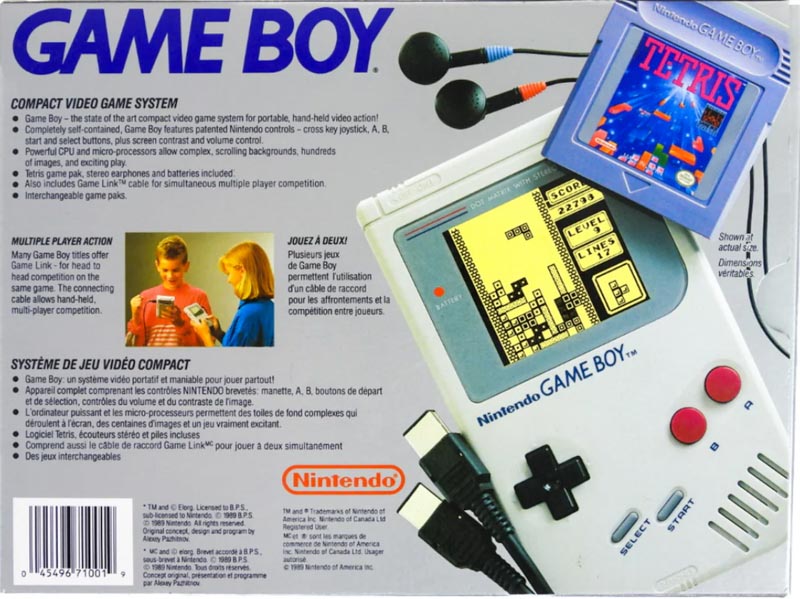
Side panels were explanatory, benefits-laden and quickly definitive—and exemplified the brand linguistics, GIRVIN’s Brandcode®.



The core strategy was to be dramatically energetic, uplifting and celebrative—by comparison to the Japanese product revelation, which was more of an industrial pitch to the market—our focus was to be assertive on all panels.
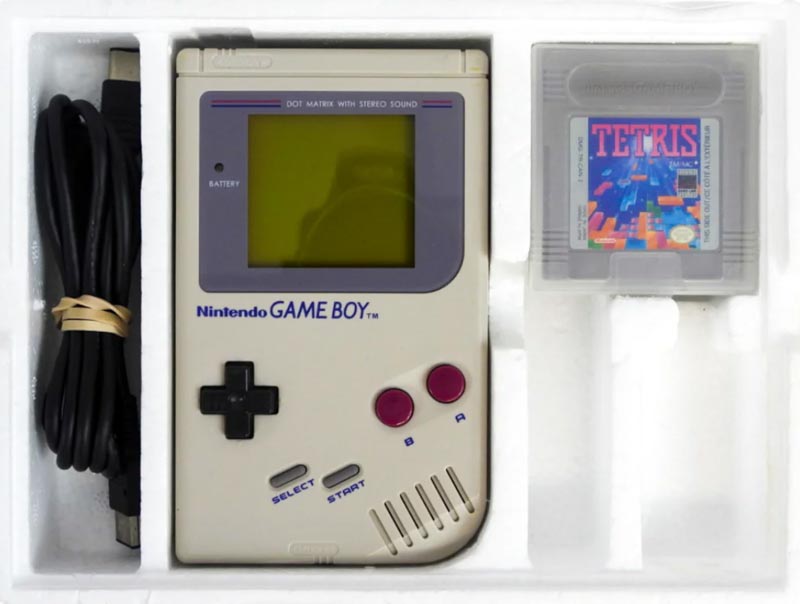
And to be layered with content for exploration—at, in the Japanese tradition of tsutsumu—the revelation of the packaging arts—omiyage, the gift and its wrapping, sequencing outside in. From the exterior packaging and the arrival into the interior—it’s an artful journey. In the Japanese tradition—this is about the gift-giving and care; it is the “just something from me to you.”
In the first years of sales, 2 million units sold. So I met my promise to Arakawa san.
Along with many games to add to the sales mix.

What about those KPIs
in product development?
Empowered brand work, customer anthropology and interception, emboldened visualizations, scannable information structuring, typographical hierarchies and priority-focused messaging sequencing integrated across hybrid media.
––––––––––––––––––––––––––
It works.
Tim
Collaborate. Co-create. Connect.
Soul Branding | West Queen Anne Elementary School
–––––––––––––––––––––––––––––––––––
digital: girvin.com
built environments: oseanstudios.com
––––––––––––––––––––––––––––––––––––––––––––––
Follow Us:
Facebook LinkedIn Instagram Behance
While they last
